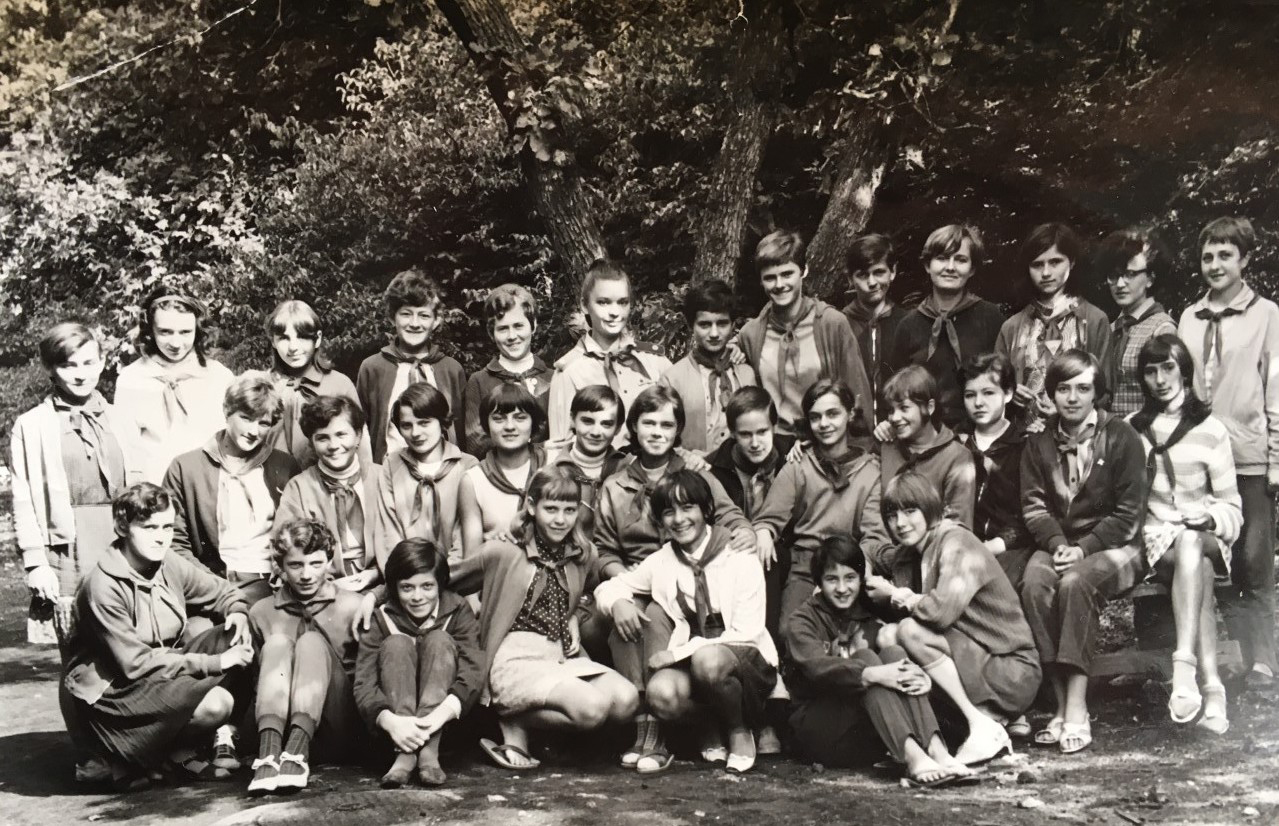Katalin Karikó: I have to mention that sticking with the project is worse when you can see progress. So, I could see progress. I could see that I could make… I could make the RNA better, more protein was made, and so sticking with something and repeating just because we are believing and not making any progress is not a no-no. But I could see that it was better. And when I received the grant review and they said it was, it was not good enough. And I reached through the criticism. I always listened and tried to make it better. So, more preliminary data generated and more experiments I performed, and I didn’t take it that oh, they did not understand me. It was just yes, not good enough and I have to do better. That’s how I concluded with all of these constructive criticism. Early on in high school, actually, I read this book written by Hans Selye who coined the word stress. And it was a big effect on me. I had no religious upbringing so that was a guide for me. And he said that tthe stress, how we perceive stress and bad stress can kill us. But he said that we need stress because the excitement, the anticipation, all of these positive things we need, otherwise we don’t get up in the morning. We need stress, but we need positive stress. And he also said that you can learn to convert the negative one to positive. So, positive stress is needed. And seeing everything like negatively like losing a job, which happened to me several times, to see that one door closed and a new one has opened, and see that new opportunity. So not to agonize on why I was terminated in my job, but rather just see that okay, what I can do now?

And so that was, that was key always to keep my spirits high, and which other people might take it as a blow to their career. I took it that okay, now I can move to something, somebody else and doing something, but sticking with the RNA because I could feel that it was exciting. And I learned in Hungary, when I started to work with RNA, I learned how to work with RNA, how to label it, how to isolate all of this enzymatic reaction, how to characterize it. And so as year past, I learned more and more about the RNA. And I learned how in our cells we are making the RNA. And how we picked up different nucleotides and we are building our RNA, and how it is changed, and how it translates to protein. So, I spent months and months just analyzing what is known about translation of the RNA. Making – from the RNA making the protein. So, I tried to take the knowledge and further optimize my system. And so that’s, I could see so many things I have to do and nobody had done, but I thought that may be doable, just like Steve Jobs said, that is too, maybe it’s doable, just we have to work on. And many, many things I feel that could be, we could solve the problem, but we are not focusing enough or, I don’t know, some destruction. And that was the other thing, what Selye said, you shouldn’t look at things you cannot change. Meaning like, be angry with the reviewer. You cannot change. They are how they see things. And not to pay attention when in your workplace other people are promoted and working less and rewarded more, don’t pay attention, you cannot change that, he said. You have to focus on what you can change. And many times I actually said loudly that the bench is here. I am in America. Where else, if not here? I can do, if it is doable. So that’s what – focusing on what I can do and not worry about others I cannot change.
